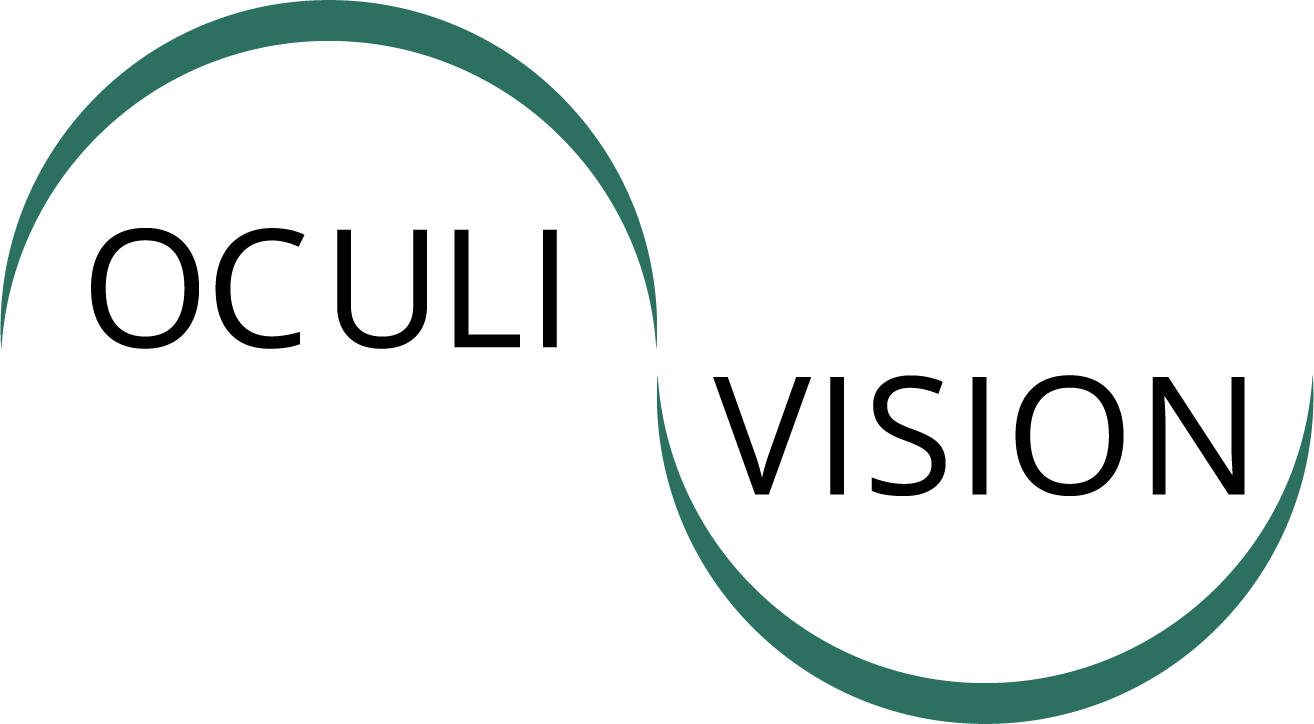At any point in your life, you might start to have some difficulty reading up close. Whether it's fine print on a medicine bottle or the small type in a book, it may suddenly seem like words are blurrier than usual. This isn’t necessarily a sign of aging. Rather, it's simply a natural shift that often occurs in many people throughout their lives. Regardless, one question remains: “Do I need reading glasses?” If you experience any number of the following symptoms, then the answer just may be yes.
1. Blurry Vision
One of the most common signs that you need reading glasses is blurry vision, especially with nearby objects. If you find yourself squinting to read and must hold books, newspapers, or menus at arm's length to see them clearly, then it's probably time to visit your optometrist.
There are many causes of blurry vision at any age. Some of the most common are refractive errors, and they continue to affect millions of Americans to this day. Refractive errors include conditions such as nearsightedness and farsightedness, as well as astigmatism.
Astigmatism is a refractive error that occurs when the eye’s cornea or lens is unevenly shaped. This can cause blurred vision at all distances, not just when reading up close. If you think you might have astigmatism, schedule an appointment with an eye doctor for an exam.
If you're having trouble reading up close, then you may be suffering from a refractive error. Fortunately, symptoms of these conditions can often be resolved with prescription glasses. However, there are a few other symptoms to keep in mind.
2. Headaches
Another symptom of needing reading glasses is unexplained headaches. If you find that you often get headaches after reading for extended periods of time, then it could be because your eyes are straining to see the print. Wearing reading glasses can help to relieve this strain and prevent these headaches from arising in the first place.
3. Eye Fatigue
Do your eyes feel tired and strained after looking at a screen for too long? If so, you may benefit from prescription reading glasses. Prolonged use of computers, smartphones, and other digital devices can cause eye fatigue, making it difficult to focus on nearby objects.
If you find that your eyes ache after reading or working at a computer, then eye fatigue may be to blame. Eye fatigue is incredibly common and can usually be remedied by taking frequent breaks and making sure that your workspace is well lit. Wearing reading glasses or
progressive lenses can also help to reduce eye fatigue and improve your overall vision.
4. Dry Eyes
Dry eyes occur when your tears can’t adequately lubricate your eyes. This can cause symptoms like blurred vision, eyestrain, headaches, and redness. If you think you might have chronic dry eyes, talk to your doctor about ways to treat the condition.
Prevention is often the best treatment for chronic dry eyes. Make sure to blink regularly and take plenty of breaks when reading, watching TV, or working on a computer. Consider improving your space’s air quality by replacing your furnace filter or using a humidifier. Finally, examine your diet closely, and if necessary, include foods or supplements high in omega-3 fatty acids and vitamin A to help reduce inflammation and improve the quality of your tears, respectively.
If symptoms persist after trying these solutions, then you may be suffering from a more severe underlying condition. We recommend booking an appointment with your optometrist to discuss alternative treatments.
Reading Glasses Are Common
If you're experiencing any of the symptoms mentioned above, then it's probably time to have your eyes examined. In most cases, a simple pair of reading glasses can help improve your vision and relieve any discomfort you may be feeling. Please feel free to
give us a call,
reach out online, or send an email to
scheduling@oculivision.net to make an appointment today.

